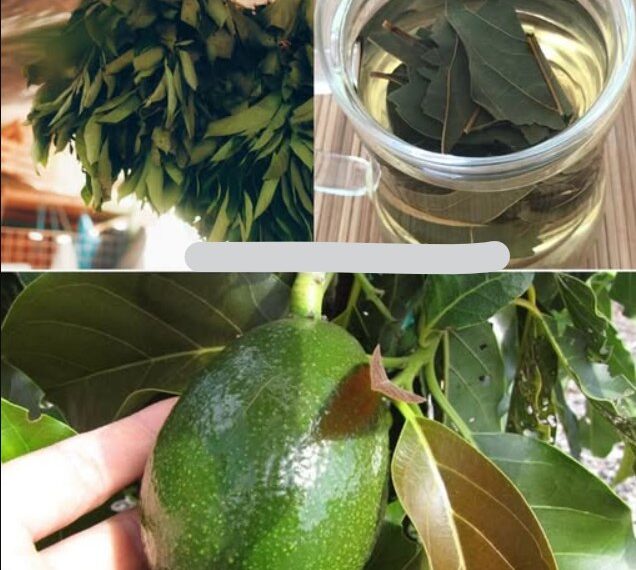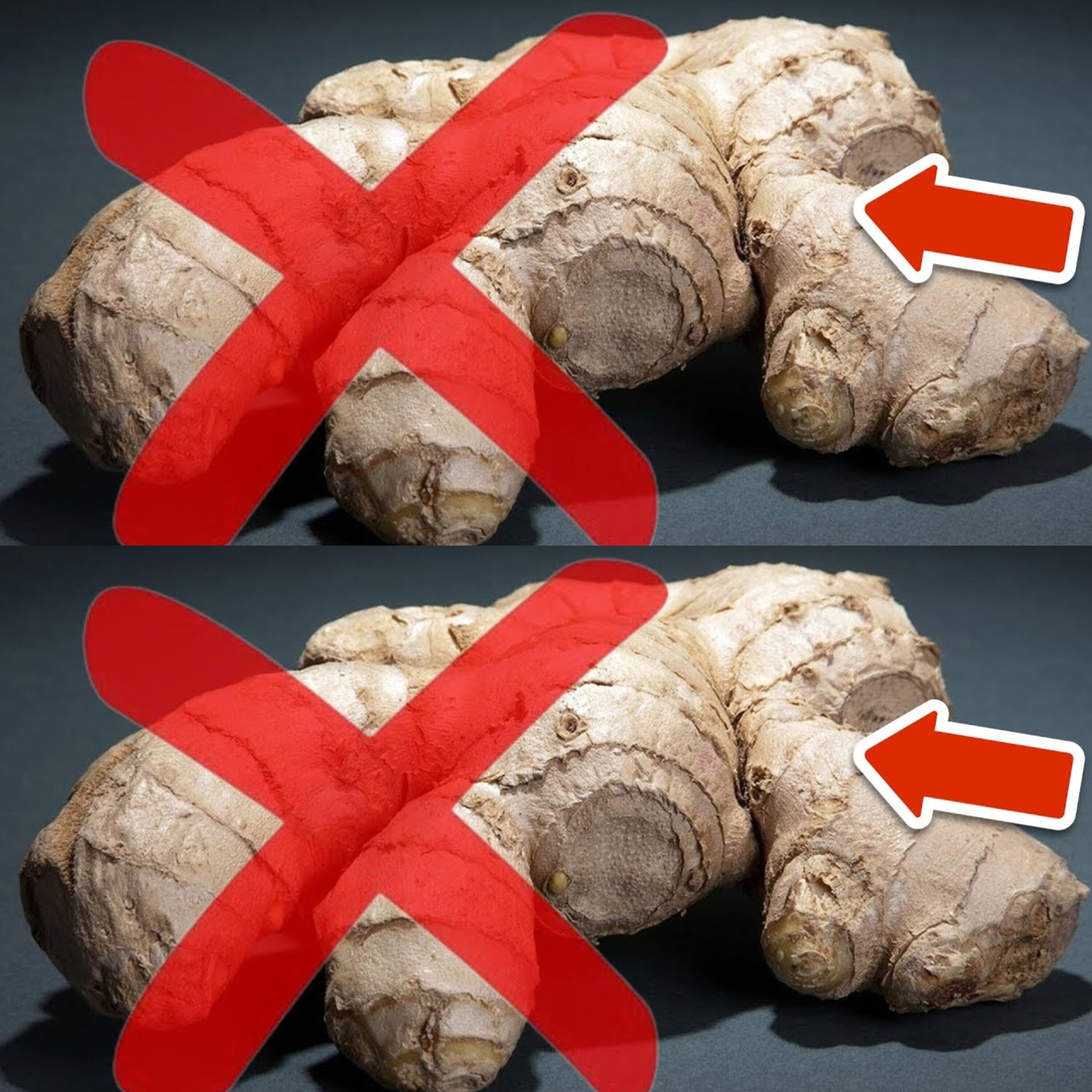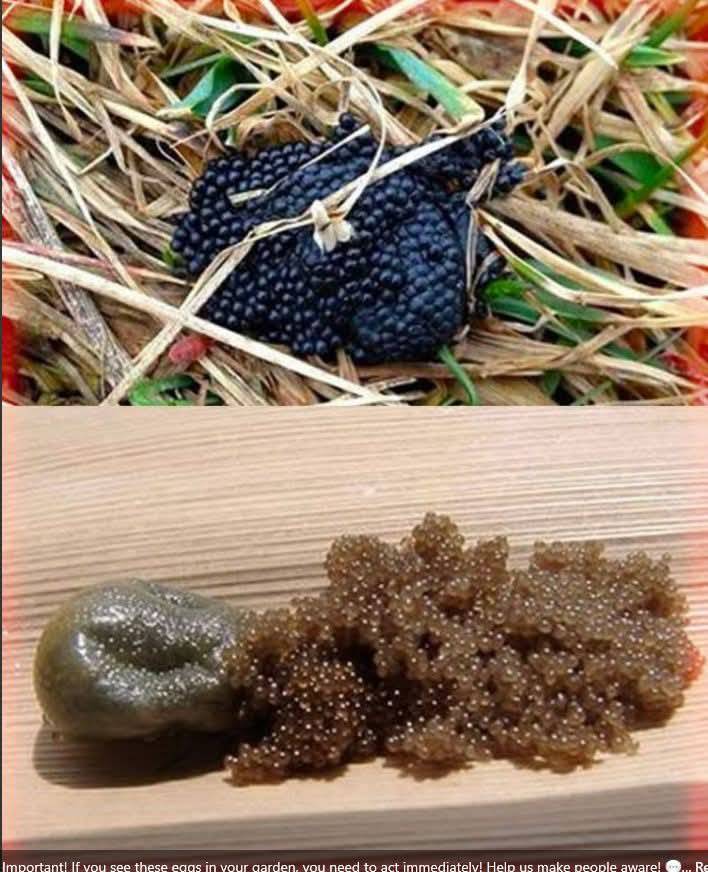The leaves are rich in antioxidants that help neutralize free radicals in the body. Free radicals are unstable molecules that can damage cells and contribute to aging and chronic diseases like cancer and heart disease. Regular consumption of avocado leaf tea may support the body’s natural detoxification process and cellular health.
3. Digestive Health
In traditional medicine, avocado leaves are used to soothe the stomach, relieve gas and bloating, and promote smoother digestion. The natural compounds help relax gastrointestinal muscles and reduce cramps or discomfort.
4. Regulating Blood Sugar
Some studies suggest that avocado leaf extract may help lower blood sugar levels, making it potentially beneficial for individuals with type 2 diabetes. The active compounds in the leaves appear to improve insulin sensitivity and glucose metabolism.
5. Diuretic Effects
Avocado leaves may act as a natural diuretic, helping the body eliminate excess fluid and sodium. This can be especially useful for managing high blood pressure or preventing kidney stones.
6. Antibacterial and Antimicrobial Action
The leaves have demonstrated antibacterial properties in laboratory settings. Extracts from the leaves have been shown to inhibit the growth of certain bacteria, such as E. coli and Staphylococcus aureus, suggesting potential as a natural remedy for minor infections.
How to Use Avocado Leaves
If you’re curious to try avocado leaves yourself, the most common method is to brew them into tea. Here’s a simple recipe:
Avocado Leaf Tea Recipe:
Ingredients:
- 3–5 fresh or dried avocado leaves
- 2 cups of water
Instructions:
- Wash the leaves thoroughly if they are fresh.
- Bring the water to a boil.
- Add the leaves to the boiling water.
- Reduce heat and simmer for 10–15 minutes.
- Strain and enjoy warm. Optionally, add honey or lemon for flavor.
Note: Dried avocado leaves can be found in health food stores, online retailers, or specialty Latin American or African markets. Always make sure they come from the Persea americana species, as not all avocado varieties are safe (some have toxic compounds).
Culinary Uses in Different Cultures
Apart from their medicinal use, avocado leaves are also a culinary ingredient in some cuisines. In Mexican cooking, particularly in Oaxaca, avocado leaves are used to season meats and stews. The dried leaves, when toasted, give off an anise-like flavor that complements dishes like mole negro or grilled meats.
These culinary traditions are yet another reminder of how the leaves are valued far beyond the fruit.
Cautions and Considerations
While avocado leaves are generally safe when consumed in moderate quantities, there are a few important considerations:
- Variety Matters: Not all avocado species are created equal. Some varieties (particularly those not from Persea americana) may contain persin, a compound that can be toxic to animals and, in large amounts, potentially harmful to humans.
- Pregnancy and Breastfeeding: There is limited research on the safety of avocado leaves during pregnancy or lactation. It’s best to consult a healthcare provider before use.
- Interaction With Medications: As with any herbal remedy, avocado leaves may interact with certain medications, especially those for blood pressure or blood sugar. Always check with your doctor if you are on medication.
Sustainability and Waste Reduction
As global consciousness grows around sustainability and zero-waste living, finding uses for plant parts that are usually discarded is more relevant than ever. Using avocado leaves—whether for tea, medicine, or flavoring—helps reduce food waste and increases the value extracted from each avocado tree.
Every leaf you brew or cook with is one less that ends up as waste. It’s a small but meaningful step toward more sustainable food practices.
The Future of Avocado Leaf Research
While anecdotal evidence and traditional use of avocado leaves span centuries, modern science is just beginning to unlock their full potential. Ongoing research is being conducted on their chemical composition, pharmacological properties, and long-term health impacts.
Early studies are promising, but more clinical trials are needed to determine effective dosages, potential risks, and therapeutic uses. With more scientific validation, we may soon see avocado leaf extract or powder appear more frequently in supplements, health products, and functional foods.
Final Thoughts
Everyone loves avocados—but now, it’s time to give the rest of the plant the recognition it deserves. Avocado leaves, long used by traditional healers and cooks in certain parts of the world, are finally getting their moment in the spotlight. From boosting your immune system to supporting digestion and adding flavor to your meals, the humble leaf has much to offer.
As we expand our understanding of plant-based wellness, incorporating lesser-known botanicals like avocado leaves can enrich our health, connect us to global traditions, and promote more sustainable living.
So the next time you enjoy a creamy avocado toast, remember—there’s more to the avocado tree than just the fruit. A whole world of benefits is quietly growing in its leaves.





